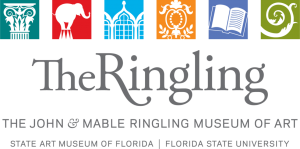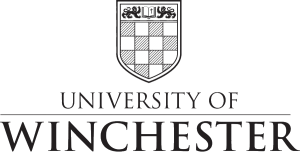
Co-Hosts New College of Florida, the University of Winchester, and The John and Mable Ringling Museum of Art’s historical connection to the Ringling family and the circus, invites us to think about how the full range of humanity has been and is still exhibited and performed. We turn explicitly to the experience of specific and variAble bodies and their humanity.
June 2022 Conference Events
About Vari(A)bilities
The materiality of the body confounds us; it forces a reconsideration of the “linguistic turn,” perhaps even the “social constructionist” turn, by which we understand the world and identity as linguistically or socially constituted. But how do we look at bodies –our own, the first bodies exhibited to us as children, the bodies of clowns and circus performers, or even the bodies of everyday folks with impairments—people who are like us but also somehow different? And what knowledge do such encounters create or reify?
Co-Hosts New College of Florida, the University of Winchester, and The John and Mable Ringling Museum of Art’s historical connection to the Ringling family and the circus, invites us to think about how the full range of humanity has been and is still exhibited and performed. We turn explicitly to the experience of specific and variAble bodies and their humanity.
Sometimes seen as inherently in conflict, the circus and its progenitors (collections of wonders and monsters, exhibits of exotics, carnivalesque fairs, freak shows) and the experiences of variously abled persons may be productively considered as intersectional. Not only have extraordinary-bodied persons been exhibited; they have also seized control over their own presentations under a variety of circumstances and historical moments. Both academic work on impairments and circus seek to reach multiple audiences—a general public, advocates and activists, historians and cultural critics. Institutions like circuses also provided a platform for performing the self and framing the action of looking—one that is complexly intertwined with the agency of the extraordinary body.
Linking embodiment, performance, self-presentation, and exhibition—circus studies provide another insight into the ‘impaired’ body, its applications and acceptances within the wider society. We are particularly interested in the knowledge and affordances of the variable body and the negotiated agency of variAble persons.
Images courtesy of the Tibbals Collection, Ringling Circus Museum
Vari(A)bilities V is Co-Hosted by New College of Florida, John and Mable Ringling Museum/Tibbals Collection, and University of Winchester. Support for this event was made possible by a grant from the Andrew W. Mellon Foundation.


